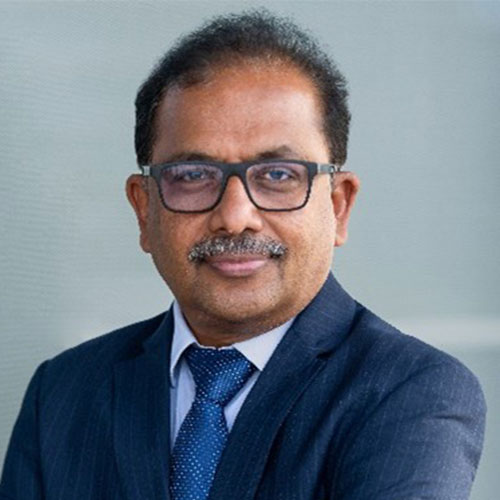Prasad K. Panicker, Executive Chairman of Nayara Energy is an Oil & Gas industry veteran with an illustrious career spanning over 40 years. A refiner at heart, he has been one of the most influential voices in the sector. Reckoned for handling challenging assignments, Mr. Panicker is a refinery turnaround man who has been instrumental in leading large-scale refineries and ensuring high levels of performance in safety and reliability. With his in-depth industry knowledge and high techno commercial exposure, Prasad has crafted a distinguished career and led strategic initiatives at the refinery that have enabled Nayara Energy to deliver record business performance. In his last 4 years with Nayara Energy, Prasad has been instrumental in bolstering Nayara Energy’s business operations. Prior to joining Nayara Energy, Mr. Panicker was the Executive Director at BPCL and the head of the Kochi refinery. During his career spanning over four decades, Mr. Panicker has held various leadership positions and has worked on a diverse range of projects with high level of techno-commercial exposure that have set new benchmarks of excellence in the industry. In today’s rapidly evolving energy landscape, Mr. Panicker is at the forefront of embracing sustainable technologies while incorporating green initiatives and championing corporate governance practices and environmental stewardship. At Nayara Energy, he leads ESG initiatives and sets the agenda for a strategic sustainable future. Mr. Panicker’s exemplary work and contribution to the field of Hydrocarbons has won him many prestigious accolades such as - Chemtech - Business Leader of the year - Chemicals & Petro-chemicals. Additionally, he has won the Dhanam Business Leader Award from Hon’ble Chief Minister of Kerala. He has also been on Board of companies holding both executive and independent roles. He is the Co-Chair of FICCI Committee on Hydrocarbons for the year 2024 and an active member of various industry bodies including CII, FIPI and ASSOCHAM. Mr. Panicker is an Engineering graduate from Government Engineering College, Thrissur and has completed his MBA from School of Management Studies, Cochin University. He has successfully completed leadership development programs from IVY League institutions including Harvard Business School, ISB – Hyderabad and IIM – Ahmedabad.
















